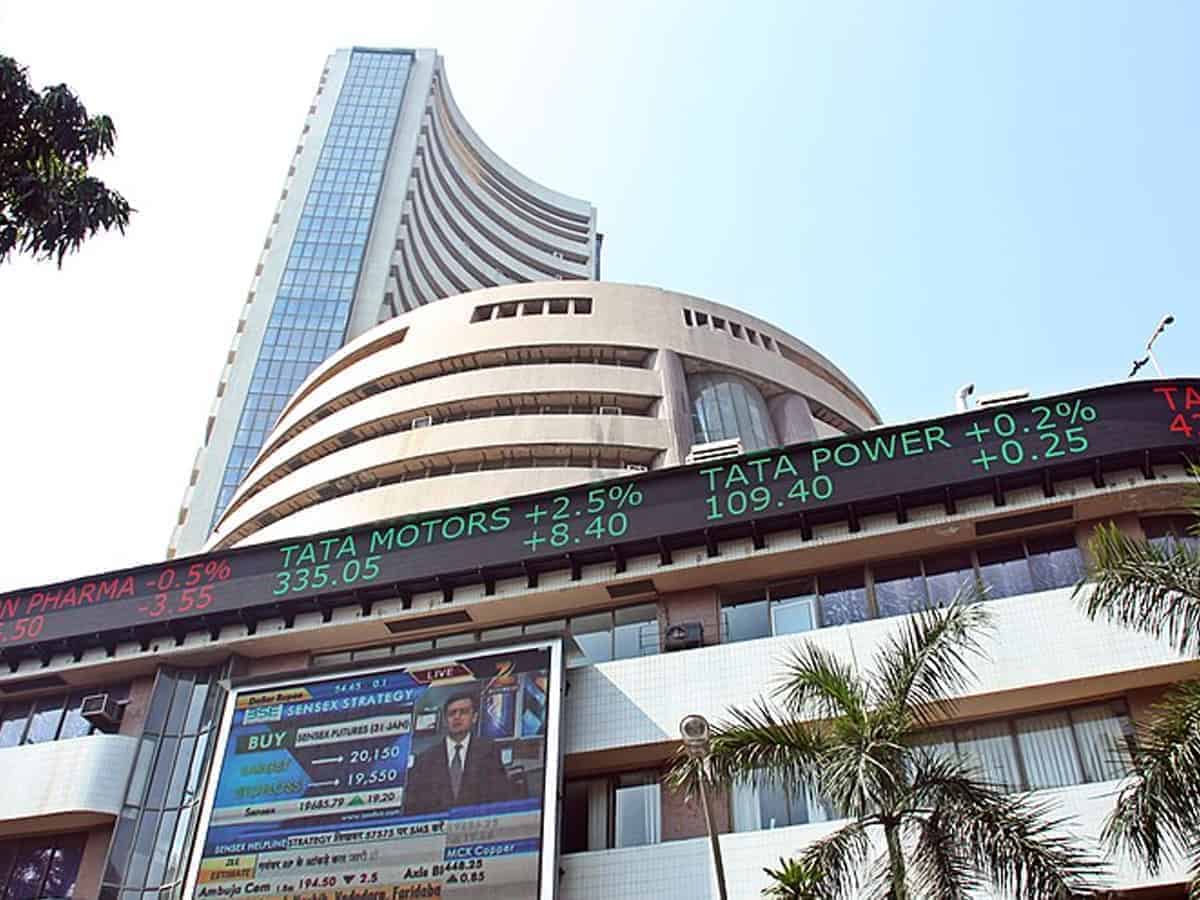
New Delhi: The market outlook for next week will depend upon RBI MPC meet, IIP data, and the Q2 earnings season will kick off with key companies like TCS, IREDA Tata Elxsi and DMart among others which will drive stock-specific movements.
The broader market’s focus will be on the RBI’s Monetary Policy Committee (MPC), which is scheduled to meet from October 7 to 9, with the outcome to be announced on Wednesday, October 9.
According to the market experts, “The Reserve Bank of India (RBI) is expected to keep the benchmark repo rate unchanged in its upcoming policy review, having maintained it at 6.5 per cent for the ninth consecutive meeting in August 2024. This aligns with market expectations, as the central bank aims to bring inflation closer to its medium-term target of 4 per cent while supporting economic growth.”
Several other factors like Foreign institutional investors (FIIs) activities, US FOMC Meeting Minutes and crude oil prices will also drive the market next week.
In the previous week, the market experienced a sharp downturn and broke its three-week winning streak. The Nifty and Sensex both plummeted nearly 4.50 per cent, closing the week at 25,014.60 and 81,688.45, respectively.
The primary driver behind the selloff was the diversion of foreign funds to China after the country’s central bank introduced substantial monetary stimulus, reducing the reserve requirement ratio (RRR) by 0.50 per cent.
FIIs sold equities worth Rs 40,511 crore, while Domestic Institutional Investors (DIIs) bought equities worth Rs 33,075 crore.
Palka Arora Chopra, Director of Master Capital Services said, “Nifty has formed a strong bearish candle on the weekly chart, signaling intense selling pressure at higher levels. Last week the NSE benchmark broke the key Fibonacci support at 25,100 and closed negatively, the next critical support is 24,700. A breakdown below this could lead to further declines toward 24,400.”
Pravesh Gour, Senior Technical Analyst at Swastika Investmart said, “Bank Nifty 100-day moving average (DMA) at 51,100 serves as an immediate support level, with the 50,000-49,500 range, which aligns with the 200-DMA, acting as the next support zone. On the upside, 52,500 and 53,300 will be key resistance levels during any pullback.”



